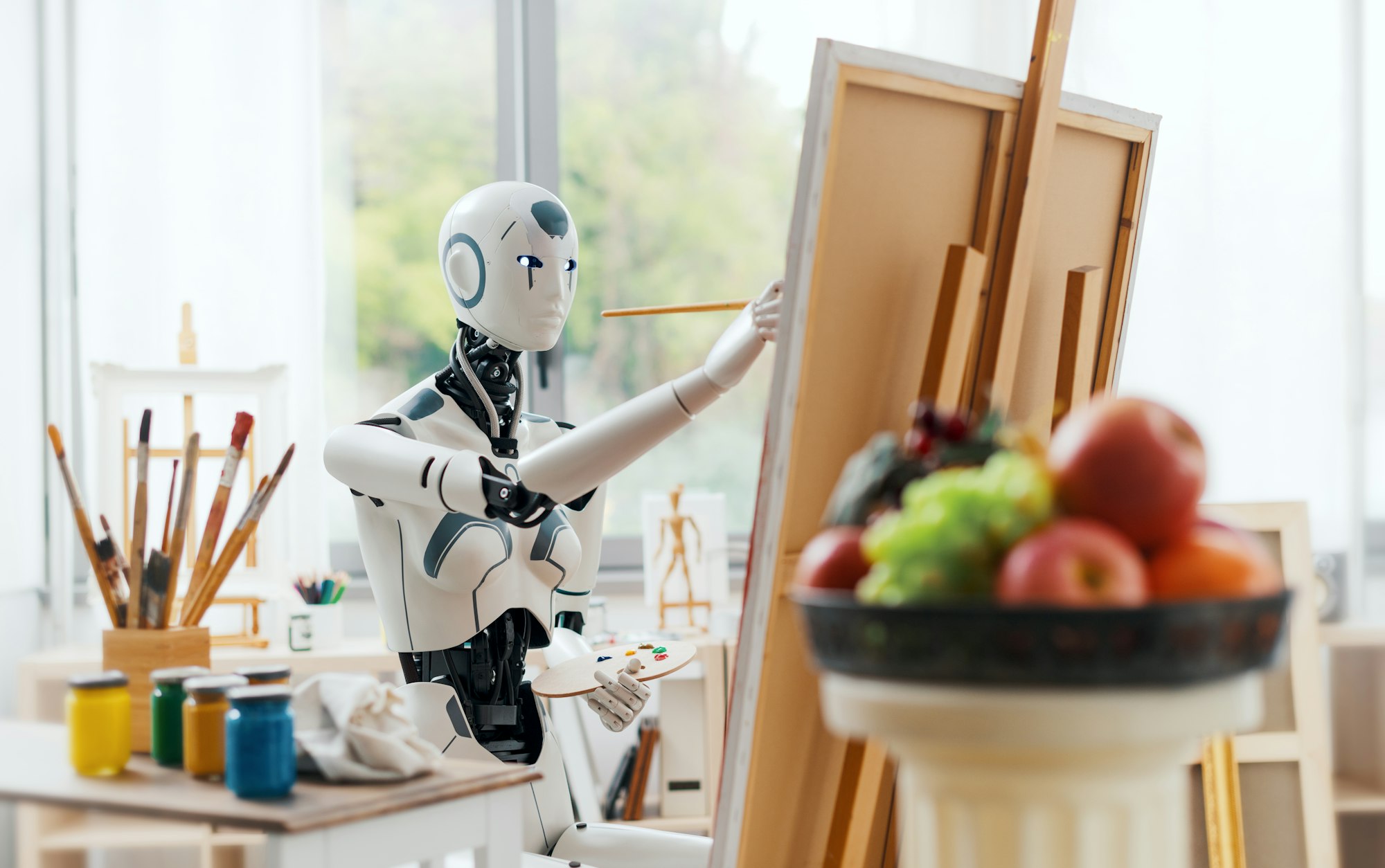Artificial Intelligence (AI) has become a powerful tool across various industries, offering capabilities that range from data analysis to automating complex tasks. This has led to the question of whether AI can replace professional corporate consultants. While AI has the potential to enhance consulting practices, there are several factors to consider when evaluating if it can truly replace human consultants.
The Strengths of AI in Consulting
- Data Processing and Analysis: AI excels at processing and analyzing large volumes of data quickly and accurately. It can uncover patterns, trends, and insights that might take humans much longer to identify. This capability is particularly valuable in areas like financial analysis, market research, and operational efficiency.
- Predictive Analytics: AI can use historical data to predict future trends and outcomes. This can help businesses make more informed decisions, such as forecasting market demand, identifying potential risks, and optimizing resource allocation.
- Automation of Routine Tasks: AI can automate repetitive and time-consuming tasks, such as data entry, report generation, and compliance checks. This allows consultants to focus on more strategic and value-added activities.
- 24/7 Availability: Unlike human consultants, AI systems can operate around the clock, providing continuous support and insights. This can be beneficial for businesses that need real-time analysis and recommendations.
The Limitations of AI in Consulting
- Lack of Human Intuition and Creativity: One of the key strengths of human consultants is their ability to apply intuition, creativity, and experience to complex business problems. AI lacks the ability to think outside the box, understand human emotions, and adapt to nuanced situations.
- Understanding Context and Nuance: Corporate consulting often involves understanding the unique context of a business, including its culture, values, and industry-specific challenges. While AI can analyze data, it may struggle to grasp the subtleties and nuances that are crucial for making effective recommendations.
- Relationship Building and Communication: Building trust and rapport with clients is a fundamental aspect of consulting. Human consultants excel in interpersonal communication, negotiation, and influencing skills—areas where AI cannot replace the personal touch and empathy required to build strong client relationships.
- Ethical and Strategic Decision-Making: Corporate consultants are often tasked with making strategic decisions that involve ethical considerations, long-term vision, and a deep understanding of the human impact. AI operates based on algorithms and data, but it lacks the moral reasoning and strategic foresight that human consultants bring to the table.
The Future of AI and Consulting: A Synergistic Approach
Rather than viewing AI as a replacement for human consultants, it is more realistic to see it as a complementary tool that enhances the consulting process. Here’s how AI and human consultants can work together to deliver greater value:
- Augmented Decision-Making: AI can provide data-driven insights and predictive analytics that empower consultants to make more informed and strategic decisions. Consultants can leverage AI to validate their recommendations, identify potential opportunities, and mitigate risks.
- Enhanced Efficiency and Productivity: By automating routine tasks and data analysis, AI can free up consultants’ time to focus on higher-level strategic work. This can lead to more efficient project delivery and the ability to take on more complex and value-added assignments.
- Personalized and Scalable Solutions: AI can analyze client data to offer personalized recommendations and solutions tailored to the specific needs of a business. This enables consultants to provide more targeted and scalable services to their clients.
- Continuous Learning and Improvement: AI can be used to monitor and measure the effectiveness of consulting interventions over time. By analyzing the outcomes of various strategies, consultants can refine their approaches and continuously improve their services.
Conclusion
While AI has the potential to transform the consulting industry by enhancing data analysis, automation, and decision-making, it is not poised to replace professional corporate consultants entirely. The human elements of intuition, creativity, ethical judgment, and relationship-building are irreplaceable qualities that consultants bring to the table.
The future of consulting lies in a synergistic approach where AI and human consultants collaborate to deliver more effective and innovative solutions. By leveraging the strengths of both AI and human expertise, businesses can achieve greater success and navigate the complexities of the modern corporate landscape with confidence.





